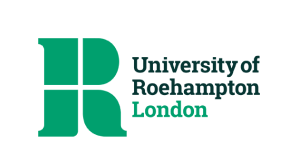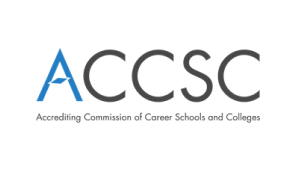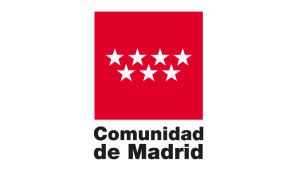A successful career in international relations requires more than academic knowledge; it demands a specific skill set. In today's interconnected world, pursuing a degree in international relations offers a pathway to understanding complex global issues. This blog post explores essential skills for international relations, equipping aspiring diplomats with the tools for success. Whether pursuing a degree in international relations, a BA in International Relations, or an MA in International Relations, mastering these skills is vital. These skills not only enhance academic performance but also prepare graduates for various roles in diplomacy, government, and international organizations.
This blog clarifies the definition of international relations and emphasizes practical applications. We will explore the core competencies crucial for navigating today's complex global landscape, focusing on communication, negotiation, analytical ability, and cultural awareness. By developing these skills, students can effectively navigate the challenges of international affairs and make meaningful contributions to global society.
Understanding the Field of International Relations
International relations (IR) is a multifaceted discipline that examines how countries interact with one another and address global challenges. It encompasses political science, economics, history, and sociology, making it essential for students to develop a broad skill set.
Key Areas of Focus
- Global Governance: Understanding how international institutions function.
- Conflict Resolution: Strategies for resolving disputes between nations.
- Human Rights Advocacy: Promoting and protecting human rights globally.
Importance of Skills
The skills required for a successful career in international relations include both hard and soft skills. Mastery of these competencies can significantly enhance employability and effectiveness in various roles.
1. Communication & Cross-Cultural Communication
Effective communication forms the bedrock of international relations. You must clearly convey complex ideas, both verbally and in writing. Cross-cultural communication is equally critical. Understanding diverse cultural nuances shapes effective interactions. This demands secondary language fluency and adaptability.
Mastering communication translates directly into building relationships and fostering collaboration. Strong communication ensures successful negotiation, impacting outcomes in international settings. Develop robust communication strategies for clear, concise messaging across cultures. International experience significantly improves these skills.
Key Development Areas:
- Practice clear and concise communication in both verbal and written formats.
- Develop sensitivity to cultural differences impacting cross-cultural communication.
- Hone communication skills through simulations and real-world interactions.
2. Negotiation & Problem Solving
Negotiation is a cornerstone of international relations. Successful diplomats navigate complex situations, brokering agreements through skillful negotiation. This requires analytical ability, critical thinking, and problem-solving skills. Understanding different perspectives and finding common ground form a crucial part of effective negotiation.
Mastering negotiation techniques enhances influence and conflict resolution. Effective problem-solving in international contexts requires adaptability and creativity. Successful negotiation often requires compromise and a focus on long-term sustainable relationships. Develop strong negotiation strategies through training and real-world experience.
Key Development Areas:
- Practice negotiation techniques in simulated international contexts.
- Develop strategic problem-solving abilities applicable to international scenarios.
- Learn to analyze complex issues and identify mutually beneficial solutions.
3. Research Skills & Data Analysis
Informed decision-making in international relations relies on rigorous research skills. You will need to access, analyze, and interpret diverse sources of information, employing data analysis techniques. Developing strong research skills involves critical evaluation of information sources. This involves using both primary and secondary sources.
Mastering data analysis strengthens your ability to identify patterns and predict trends in international affairs. Research skills contribute directly to more informed policy recommendations. Strong research skills underpin effective participatory planning in international collaborations. Employ rigorous research skills to support your arguments and policy positions.
Key Development Areas:
- Develop systematic research skills in accessing, evaluating, and synthesizing information.
- Learn data analysis techniques to support conclusions and policy recommendations.
- Master techniques of qualitative and quantitative research methods.
4. Cultural Awareness & Understanding Different Cultures

Deep cultural awareness is paramount in international relations. Understanding cultural values, norms, and sensitivities ensures respect and facilitates collaboration. Understanding diverse cultures requires empathy and a commitment to learning. This avoids cultural misunderstandings and strengthens relationships.
Cultural awareness enables more nuanced responses and enhances collaboration. Cultural sensitivity guides ethical interactions and enhances effectiveness. Develop a deep appreciation for cultural diversity through both formal study and lived experience. Successful international study significantly builds this understanding.
Key Development Areas:
- Immerse yourself in diverse cultures through travel, study, and interaction.
- Develop an understanding of the impact of cultural values on international relations.
- Participate actively in cross-cultural exchange programs.
5. Teamwork & Collaboration
International relations often involve collaborative efforts. Effective teamwork and collaboration are essential to achieving shared goals. This requires strong interpersonal skills and effective group skills. Collaboration fosters effective problem solving and maximizes the success of projects. Teamwork necessitates effective communication and conflict management.
Collaboration is central to successful multilateral diplomacy. Develop your teamwork abilities through group projects and participation in collaborative initiatives. International experience enhances these skills in real-world settings.
Key Development Areas:
- Participate in collaborative projects requiring diverse perspectives and skills.
- Enhance your abilities to communicate effectively within team environments.
- Practice conflict resolution and negotiation skills within team settings.
6. Analytical Ability & Critical Thinking
International affairs present immense complexity. Strong analytical ability and critical thinking are indispensable. These skills enable the identification of root causes and the development of effective solutions. Critical thinking facilitates the analysis of competing arguments and the creation of well-reasoned positions.
Analytical ability is essential for identifying key trends and challenges in global events. These skills underpin effective problem-solving and policy formulation. Strong analytical ability and critical thinking skills are valued in all aspects of a career in international relations.
Key Development Areas:
- Develop analytical skills through case studies and real-world scenario analyses.
- Enhance critical thinking abilities through debate and intellectual discourse.
- Practice applying analytical frameworks to complex global issues.
7. Resilience & Emotional Intelligence
A career in international relations often demands resilience. You will encounter setbacks and stressful situations. Resilience, both personal and professional, is essential. Emotional intelligence enhances self-awareness and relationship management.
This promotes adaptability and effective responses to challenges. Resilience ensures persistence in facing adversity. Strong emotional intelligence enhances collaboration and negotiation abilities. Developing both resilience and emotional intelligence strengthens adaptability in unpredictable situations.
Key Development Areas:
- Cultivate resilience through challenges and self-reflection.
- Develop emotional intelligence through self-awareness and interpersonal sensitivity.
- Develop strategies to manage stress effectively in demanding situations.
8. Networking & International Experience
Building a strong professional network is crucial. Networking expands opportunities and enhances professional development. International experience, whether through study abroad, internships, or volunteer work, significantly enhances your profile and skillset. Effective networking builds relationships with influential individuals in the field.
International experience demonstrates adaptability and a global perspective. Combine strong networking with rich international experience for career advancement. Build a strong network through conferences, professional organizations, and online platforms.
Key Development Areas:
- Actively participate in networking events and conferences.
- Seek out international experience through internships, study abroad, or volunteer opportunities.
- Build relationships with professionals in the field.
9. Language Skills
Strong language skills, especially secondary language fluency, are highly valuable. This expands communication opportunities and fosters intercultural understanding. Proficiency in multiple languages demonstrates adaptability and global competence.
Language skills enhance intercultural understanding and build trust. Multilingual abilities significantly improve career prospects. Develop and enhance your language skills through immersion, courses, and practice.
Key Development Areas:
- Enhance your fluency in key languages commonly used in international relations.
- Utilize language-learning resources and opportunities.
- Practice your language skills in real-world contexts.
10. Soft Skills
While technical skills are essential, “soft skills” – including interpersonal skills, teamwork, and emotional intelligence – are equally crucial. Employers highly value these qualities. Strong soft skills enhance collaboration and communication in diverse teams.
These abilities are vital for success in international relations. Soft skills support effective leadership and conflict resolution. Develop these essential soft skills through professional development opportunities and real-world experiences.
Key Development Areas:
- Enhance interpersonal skills through training and participation in group activities.
- Develop teamwork skills through collaborative projects.
- Strengthen emotional intelligence through self-awareness and empathy development.
Schiller International University & UNITAR Partnership
Schiller International University has forged a significant partnership with the United Nations Institute for Training and Research (UNITAR), a leading provider of training and capacity building in areas relevant to the UN's work. This collaboration enhances Schiller's academic offerings, providing students with unique opportunities for learning, networking, and career advancement. UNITAR's expertise complements Schiller's commitment to global education, creating a powerful synergy that benefits students pursuing careers in international affairs and sustainable development.
This partnership manifests in several keyways:
- Curriculum Enrichment: UNITAR's subject matter experts contribute to the curriculum design and instruction in selecting Schiller programs. This ensures students receive instruction informed by the latest developments and practical insights within the UN system.
- Exclusive Opportunities: High-achieving students in eligible Schiller programs gain access to exclusive opportunities, including internships within international organizations, participation in specialized workshops and training programs, and the chance to attend a graduation ceremony at UN headquarters in Geneva, Switzerland.
- UNITAR Certification: Successful completion of specific Schiller programs, in conjunction with meeting UNITAR's standards, results in the awarding of a UNITAR certificate. This prestigious certification enhances career prospects and recognizes student achievement.
- Networking: The partnership facilitates networking opportunities with UNITAR staff, UN officials, and other international experts, opening doors to collaborations and future career prospects.
Schiller’s Global Employability Path
Schiller's Global Employability Path (GEP) enhances skills and prepares students for success. This program provides graduates with one year and undergraduates with four years of skills training and experience, culminating in a Global Employability Certificate. This program helps prepare graduates to thrive in competitive global environments. Schiller’s commitment to providing students with practical, applicable skills and real-world experiences sets its programs apart. By choosing Schiller, students invest in their future success.
Study International Relations at Schiller International University
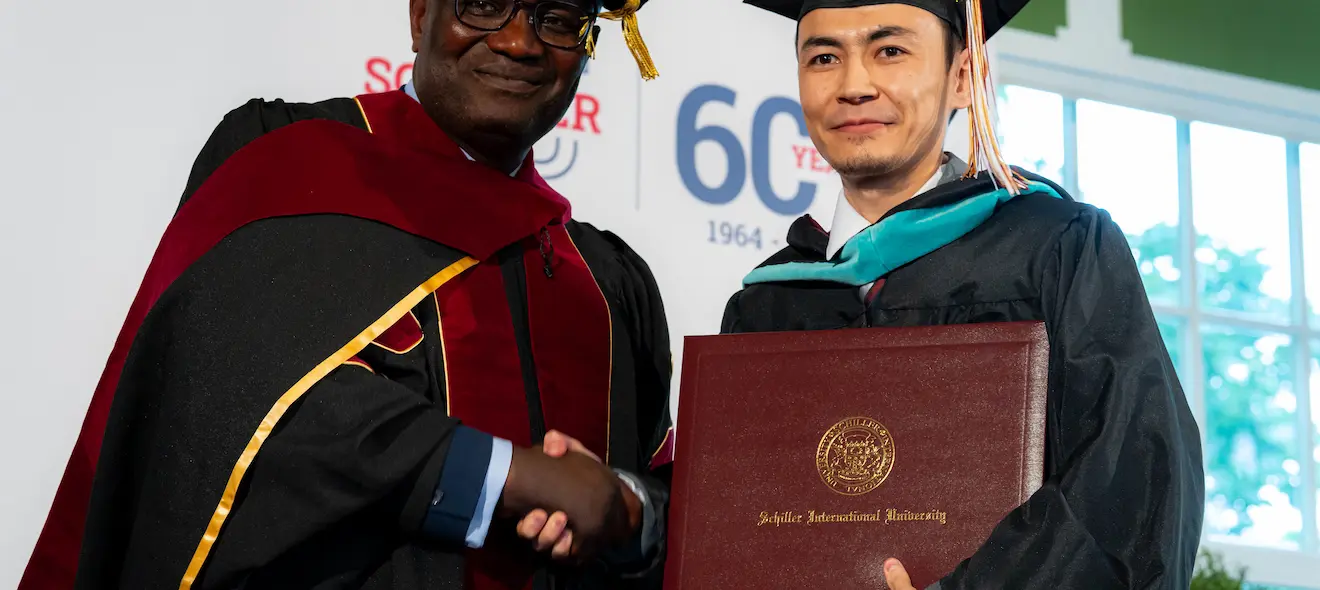
Schiller International University offers exceptional programs in international relations. Our BA in International Relations and Diplomacy and MA in International Relations and Diplomacy equip students with the skills for international relations needed to thrive in the global arena.
BA in International Relations and Diplomacy
This program helps students tackle global political issues, proposing solutions for governance, conflict resolution, and human rights. You will develop critical thinking skills, analytical abilities, and intercultural competence. Our unique curriculum covers global political issues, global economics, state and non-state actor relationships, international organizations, and 21st-century challenges. Students gain a deep understanding of how international organizations function and contribute to effective diplomacy. Schiller's program helps students prepare to become global leaders.
Course Modules
|
General Education Modules |
Knowledge Area Modules |
|
|
Why Study BA in International Relations and Diplomacy?
Develop expertise in solving global challenges.
Master global economic analysis for impactful solutions.
Learn to build strong relationships between state and non-state actors.
Prepare for the next generation of global challenges.
Earn dual US and European degrees.
MA in International Relations and Diplomacy
Schiller International University's Master of Arts in International Relations and Diplomacy program offers a rigorous curriculum designed to equip students with the knowledge and skills needed to excel in the field. The program blends theoretical understanding with practical application, preparing students for diverse careers in international affairs. The curriculum integrates modules taught by Schiller faculty and, where applicable, experts from UNITAR (United Nations Institute for Training and Research), providing students with insights from both academic and practical perspectives. The specific modules and instructors may vary slightly from year to year, but the core curriculum typically includes the following:
|
Course Modules |
Taught by Schiller and UNITAR |
|
Methods of Research and Analysis |
Schiller |
|
Diplomacy Workshop |
Schiller |
|
International Relations & Diplomacy Workshop |
Schiller |
|
Current Issues in IR – Theories |
Schiller |
|
Media Communication Strategies |
Schiller |
|
International Economic Problems |
Schiller |
|
International Law |
Schiller |
|
Conflict and Peace Strategies |
Schiller |
|
Advanced Topics in International Business |
Schiller |
|
International Organizations |
Schiller & UNITAR |
|
Human Rights |
Schiller & UNITAR |
|
OPTIONAL: Fellowship Program and Graduation Ceremony (Study Visit to Geneva)
|
UNITAR |
|
Internship
|
Schiller |
Why Study MA in International Relations and Diplomacy?
- Master a global curriculum covering economics, politics and policy.
- Develop crucial skills in negotiation, diplomacy, and leadership.
- Enhance your career prospects through real-world projects and coaching.
- Enjoy exclusive graduation and internship opportunities at the UN.
Prepare for a Career in International Relations
Success in international relations requires a blend of technical knowledge, interpersonal skills, and cultural awareness. Schiller International University's programs in International Relations and Diplomacy offer you the skills, knowledge, and network to thrive in this dynamic field. By cultivating these essential skills, students can prepare themselves for impactful careers that contribute positively to global society.
With programs like the BA in International Relations and Diplomacy or the MA in International Relations and Diplomacy, aspiring professionals can gain invaluable experience that positions them as leaders in the field. Embrace the challenges and opportunities and launch a meaningful and impactful career. In line with the growing global demand for expertise in sustainability, Schiller also offers a Master of Science in Sustainability Management. Developed in collaboration with UNITAR, the program integrates theoretical knowledge with practical applications, preparing students for impactful careers in sustainable business practices.
Apply today to start your journey toward a successful career!
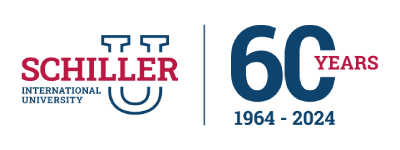
 Request information
Request information





